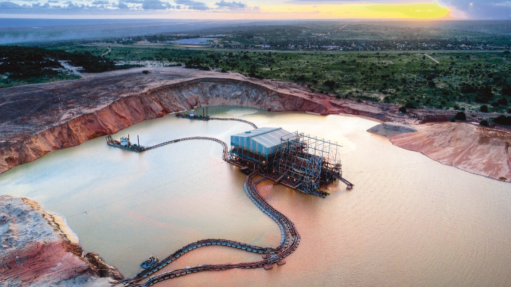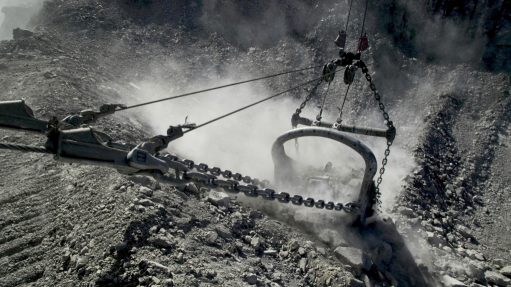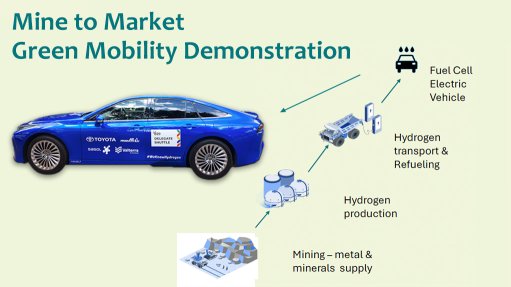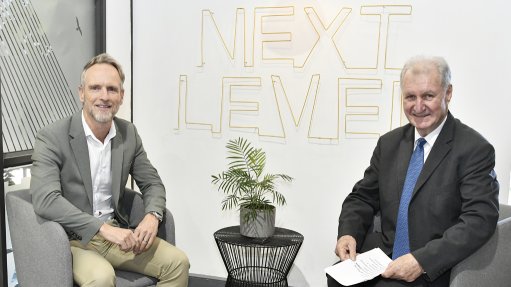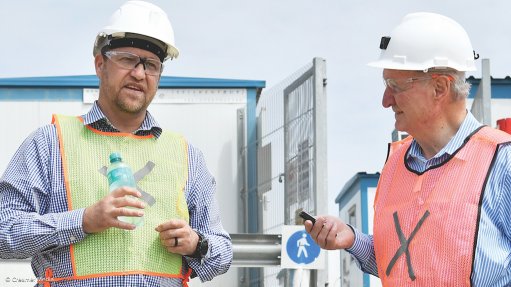The hidden cost of waste in the office
South Africa generates over 125 million tonnes of solid waste annually, with a significant portion ending up in landfills. Inadequate waste management services, especially in rural and informal areas, exacerbate this issue, leading to illegal dumping and environmental degradation.
Among the various contributors to this problem, electronic waste (e-waste) poses a growing challenge. Despite South Africa producing approximately 6.2 kg of e-waste per person per year, only about 12% is formally recycled. The remainder often ends up in landfills, where it can leach harmful substances into the environment.
One area where businesses can make a noticeable impact is in their printing practices. “Traditional laser printers, which rely on toner cartridges, consume significant amounts of energy and produce considerable waste, says Yudheer Harbhajun, Office Automation Sales Manager at Epson South Africa. “In contrast, modern ink tank systems offer a more sustainable alternative. For instance, a single ink bottle can deliver the same output as up to eight traditional laser toner cartridges, reducing both waste and energy consumption.”
Traditional laser printers rely on toner cartridges and a heat-intensive process to fuse toner to paper. This not only consumes electricity, often from coal-heavy grids, but also produces a large volume of single-use cartridges and packaging. In South Africa, where energy consumption from coal accounts for more than 80% of greenhouse gas emissions, even small efficiency gains can have measurable environmental impacts.
Smarter printing = a low-hanging sustainability solution
One approach gaining traction is the adoption of ink tank and refillable systems, which reduce waste, energy use and operational costs. “Printing is often overlooked, but it’s a tangible area where companies can reduce their footprint while saving money,” adds Harbhajun.
Because of the heat-free technology these systems typically use, for businesses operating on tight margins, this can also translate into meaningful savings on electricity bills, especially when scaled across multiple devices.
Addressing policy and compliance
Environmental regulations in South Africa are increasingly driving businesses to reconsider resource use. The Extended Producer Responsibility (EPR) regulations under the National Environmental Management: Waste Act require producers to take responsibility for the waste generated by their products. Technologies that minimise consumables and packaging naturally align with these requirements, making compliance simpler and more cost-effective.
For government departments, educational institutions and corporate offices alike, adopting lower-waste printing solutions also reduces the burden on recycling systems. Printer cartridges are considered hazardous waste, and reducing their numbers decreases the volume of hazardous materials entering informal collection streams or landfills. CSIR estimates that 90% of general waste in South Africa still goes to landfills, meaning small operational changes can cumulatively have a large impact on environmental health.
While printing is just one piece of the puzzle, companies are increasingly looking at the broader picture of sustainability in office operations. Measures such as centralised document management, double-sided printing and digital workflows complement lower-waste printing technologies, reducing overall paper and energy consumption. Refillable systems and devices with modular components also extend the lifespan of equipment, preventing premature disposal and further supporting circular economy principles.
To learn more about Epson’s commitment to sustainability and explore how its innovations are contributing to a greener future, visit www.epson.co.za/about/sustainability/vision-and-strategy.
Article Enquiry
Email Article
Save Article
Feedback
To advertise email advertising@creamermedia.co.za or click here
Press Office
Announcements
What's On
Subscribe to improve your user experience...
Option 1 (equivalent of R125 a month):
Receive a weekly copy of Creamer Media's Engineering News & Mining Weekly magazine
(print copy for those in South Africa and e-magazine for those outside of South Africa)
Receive daily email newsletters
Access to full search results
Access archive of magazine back copies
Access to Projects in Progress
Access to ONE Research Report of your choice in PDF format
Option 2 (equivalent of R375 a month):
All benefits from Option 1
PLUS
Access to Creamer Media's Research Channel Africa for ALL Research Reports, in PDF format, on various industrial and mining sectors
including Electricity; Water; Energy Transition; Hydrogen; Roads, Rail and Ports; Coal; Gold; Platinum; Battery Metals; etc.
Already a subscriber?
Forgotten your password?
Receive weekly copy of Creamer Media's Engineering News & Mining Weekly magazine (print copy for those in South Africa and e-magazine for those outside of South Africa)
➕
Recieve daily email newsletters
➕
Access to full search results
➕
Access archive of magazine back copies
➕
Access to Projects in Progress
➕
Access to ONE Research Report of your choice in PDF format
RESEARCH CHANNEL AFRICA
R4500 (equivalent of R375 a month)
SUBSCRIBEAll benefits from Option 1
➕
Access to Creamer Media's Research Channel Africa for ALL Research Reports on various industrial and mining sectors, in PDF format, including on:
Electricity
➕
Water
➕
Energy Transition
➕
Hydrogen
➕
Roads, Rail and Ports
➕
Coal
➕
Gold
➕
Platinum
➕
Battery Metals
➕
etc.
Receive all benefits from Option 1 or Option 2 delivered to numerous people at your company
➕
Multiple User names and Passwords for simultaneous log-ins
➕
Intranet integration access to all in your organisation









